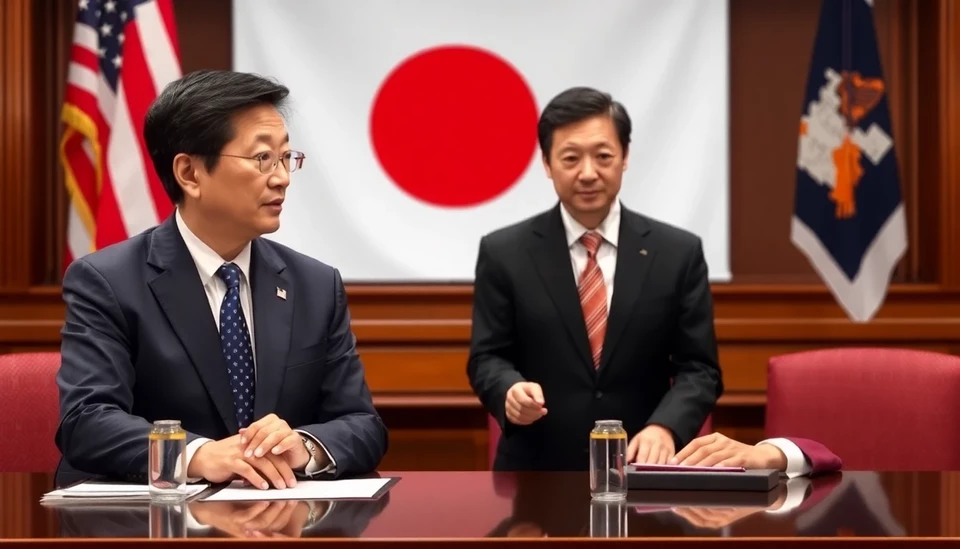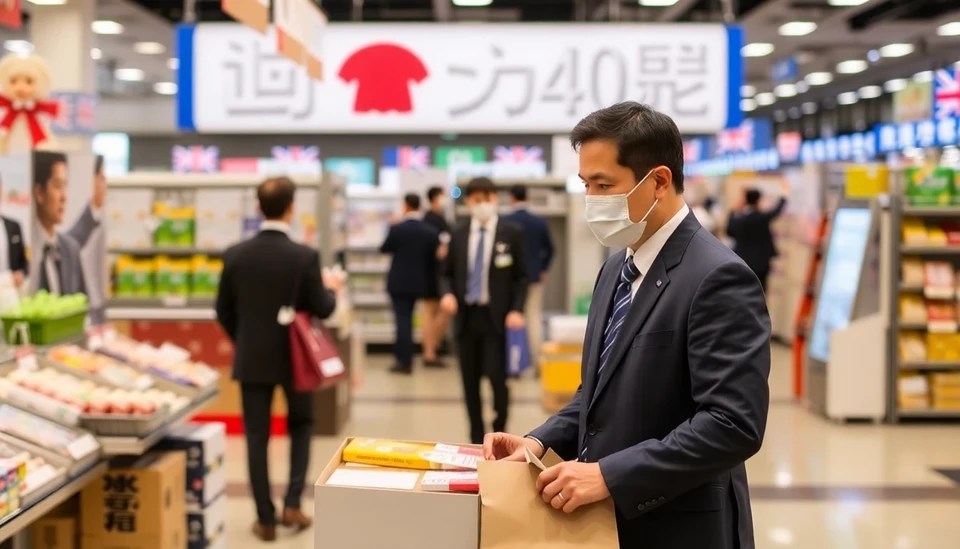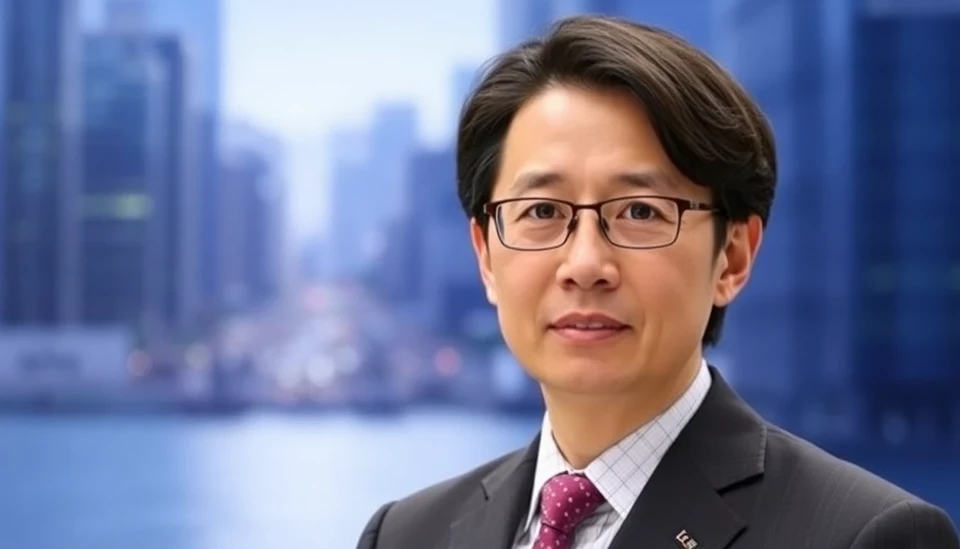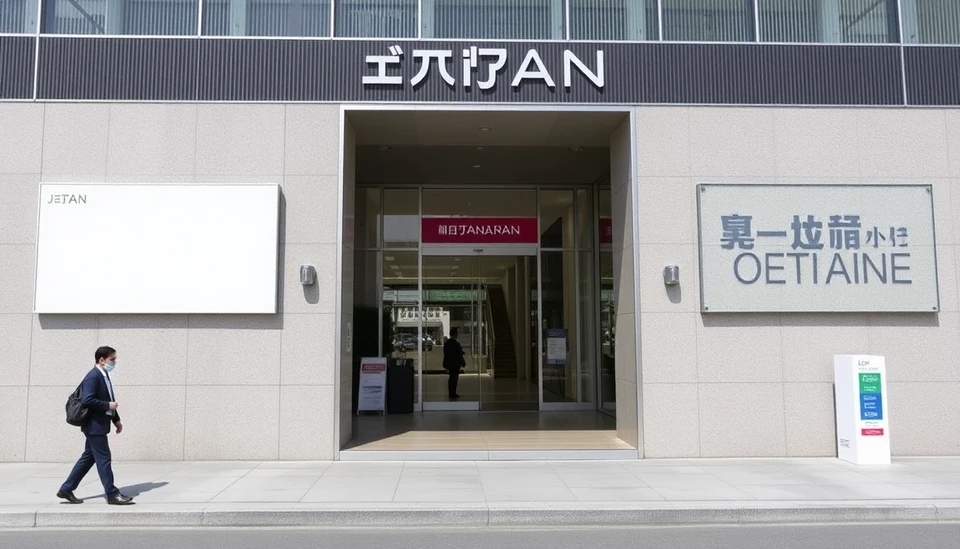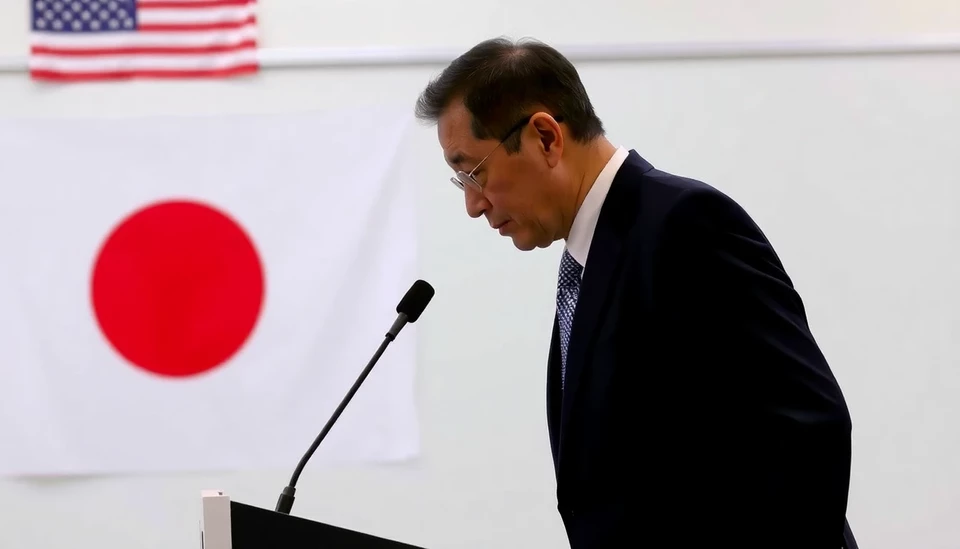
In a significant diplomatic move, Japan's government has approached the United States with a request to exclude its domestic industries from the recently imposed tariffs on steel and aluminum. This appeal comes amidst ongoing global tensions regarding trade practices and economic recovery post-pandemic.
The Japanese cabinet, spearheaded by Trade Minister Yasutoshi Nishimura, is advocating for the reassessment of tariffs that have placed financial strain on Japanese manufacturers. During a press conference, Nishimura emphasized the critical role that Japan plays as a partner in fostering free trade and fair competition in the global market. He noted that the tariffs, initially instituted by the U.S. administration under the argument of protecting national security, have instead negatively impacted the collaborative trade relationship between the two nations.
These tariffs, which can reach as high as 25% on steel and 10% on aluminum, have created an atmosphere of tension, particularly affecting Japanese companies that heavily rely on exporting their goods to the American market. Nishimura articulated that the tariffs not only burden Japanese manufacturers but also detrimentally affect consumers in the United States by leading to higher prices for goods.
Japan's plea emerges against the backdrop of heightened trade negotiations and renewed focus on developing economic ties. The Tokyo government has been actively engaged in dialogues with Washington to navigate these challenges and is hoping for an amicable resolution that underscores mutual benefits.
The American government, while recently reaffirming its stance on the tariffs, has shown a willingness to discuss potential exemptions and adjustments, especially for longstanding allies like Japan. Experts suggest that the U.S. is increasingly aware of the economic implications of maintaining high tariffs and might consider exemptions that do not compromise its economic or national security interests.
The potential for tariff exclusions could pivot Japan's manufacturing sector back into a more favorable position, allowing it to regain its footing in the competitive steel and aluminum markets. In light of this ongoing discussion, both countries are expected to participate in upcoming negotiations, where Japan hopes to further its case for exemption based on its historical partnership and contribution to the U.S. economy.
The situation continues to evolve, and many industry analysts are watching closely to see how these negotiations unfold and what implications they will hold for international trade dynamics. The outcome could set a precedent for how allied nations navigate trade disputes and tariffs as global economies seek stability.
In conclusion, Japan's active engagement with the United States signifies the ongoing complexities of international trade relationships. As both nations work through this matter, the world is keenly observing the potential consequences that might arise from these discussions.
#Japan #USTrade #SteelTariffs #AluminumTariffs #TradeRelations #Economy #Manufacturing #Diplomacy
Author: Rachel Greene
